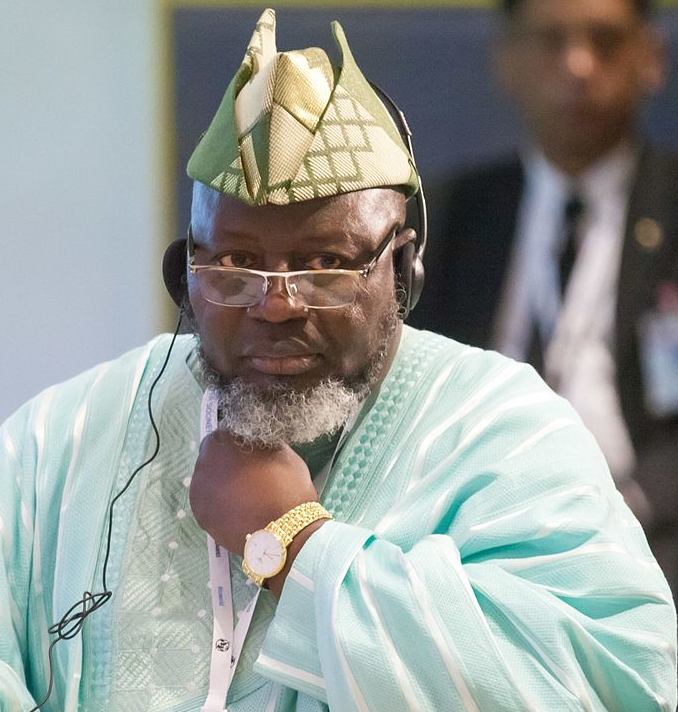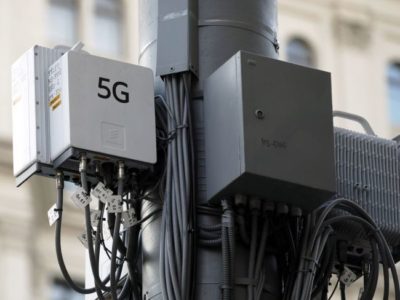By Oluwatobi Opusunju
Over $2.2tn have so far been pumped into the provision of submarine cables in the last five years in the telecommunications sector to underscore efforts in deepening the country’s broadband penetration, the Minister of Communications, Mr. Adebayo Shittu has said.
According to Shittu who made this known while speaking at the Nigeria Internet Governance Forum in Abuja, more investments were still being pumped into the provision of submarine cables by investors within the ICT space.
“The Ministry of Communications has attained some major milestones in its mandate of developing the telecom and ICT sector. Today, Nigeria has attracted investments of over $2.2tn in submarine cables alone in the last five years. Many other active submarine cables are currently under construction,” he said.
“Nigeria’s active mobile broadband penetration has gone from less than 10 per cent in 2015 to 20.95 per cent in 2017. Internet penetration has hit a milestone of 47.44 per cent and Nigeria is undoubtedly Africa’s highest active Internet user, with over 103 million subscribers as of May 2018, and ranks 10th globally. The bulk of these data subscribers are on 4G technology, with a good number of telecommunications providers now offering 4G LTE services,” he added.
Broadband penetration as at Q1 of this year was put at 22 % by the Nigerian Communications Commission. According to the National Broadband Plan (NBP), the country should achieve 30% broadband pervasiveness by the end of 2018.
But issues such as Right of Way (RoW), multiple taxation and other regulatory impediments have stalled last mile capacity in accelerating the distribution of broadband to hinterland, even as over 11 terabyte per second bandwidth at the sea shores in Lagos are still untapped and wasting away. Nigeria has not even been able to utilise close to 10 percent of the cable capacities.
However, Adebayo noted that the ministry is aggressively working to put an end to the myriad of challenges in the telecoms sector so as to deepen broadband penetration and achieve the 30% target by year end.






























